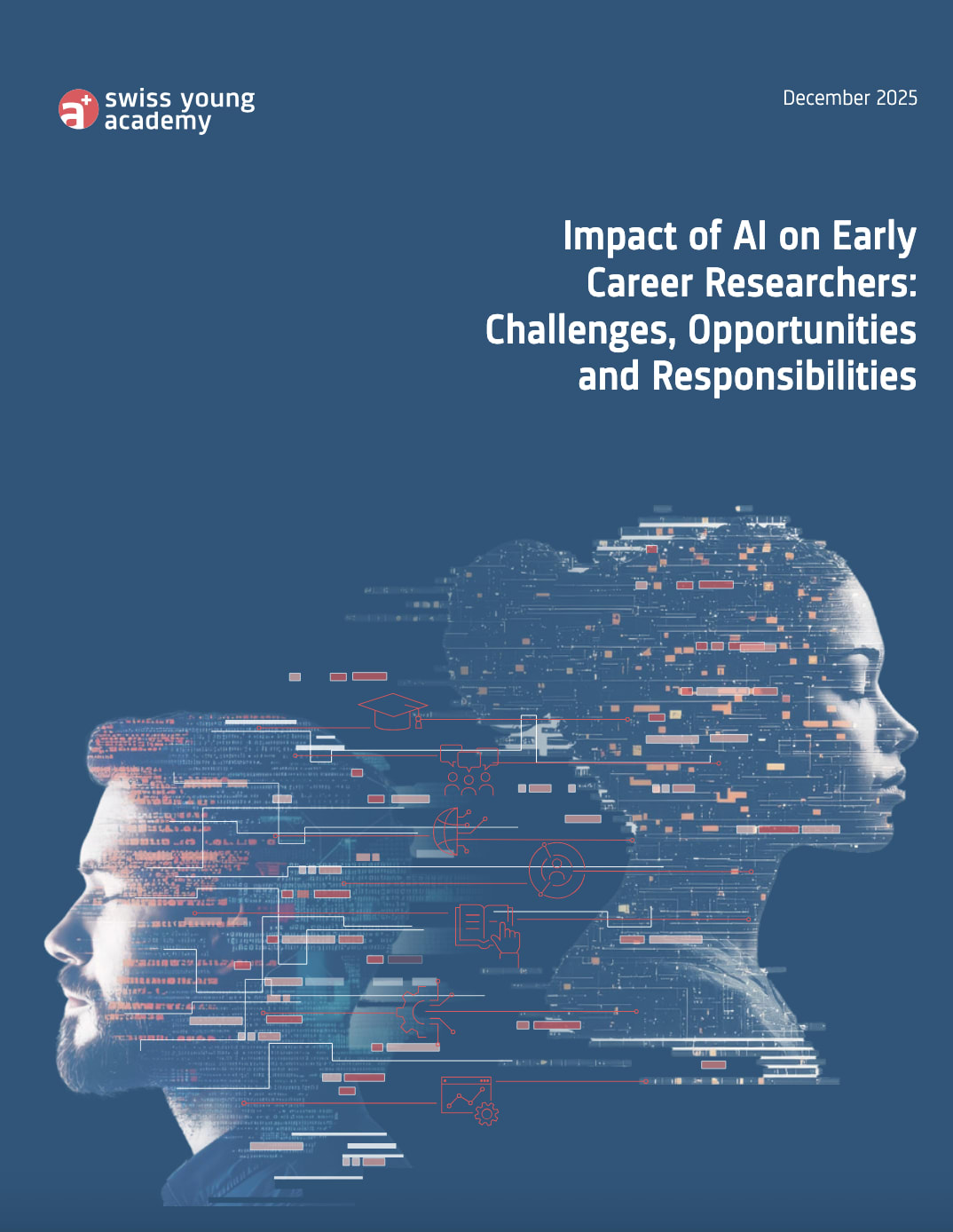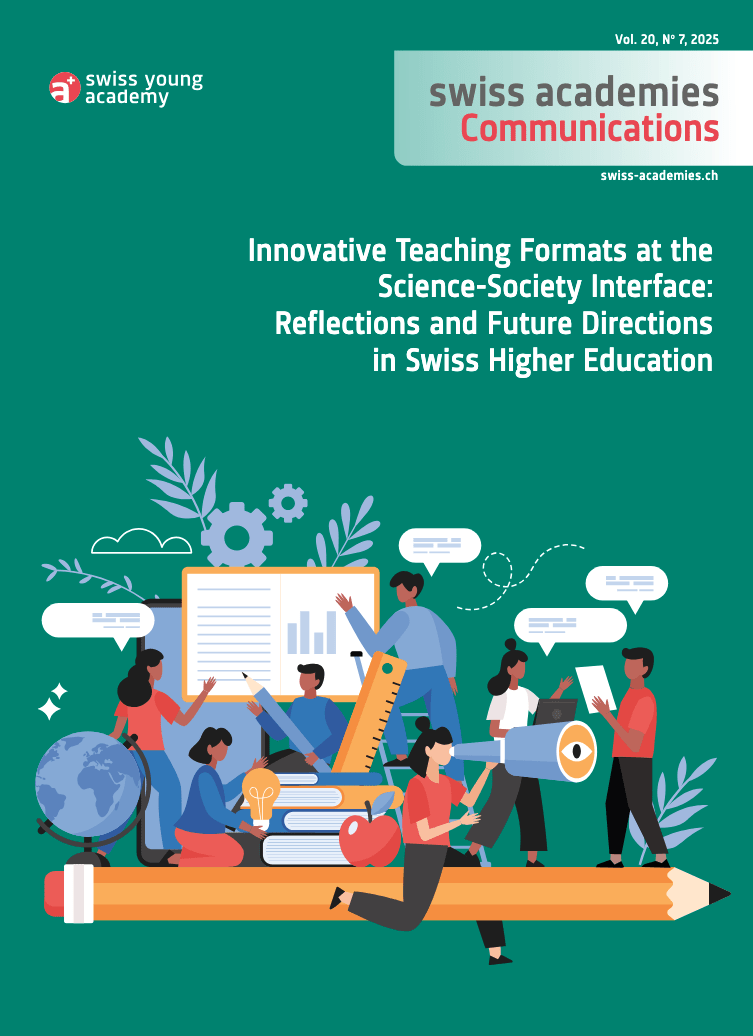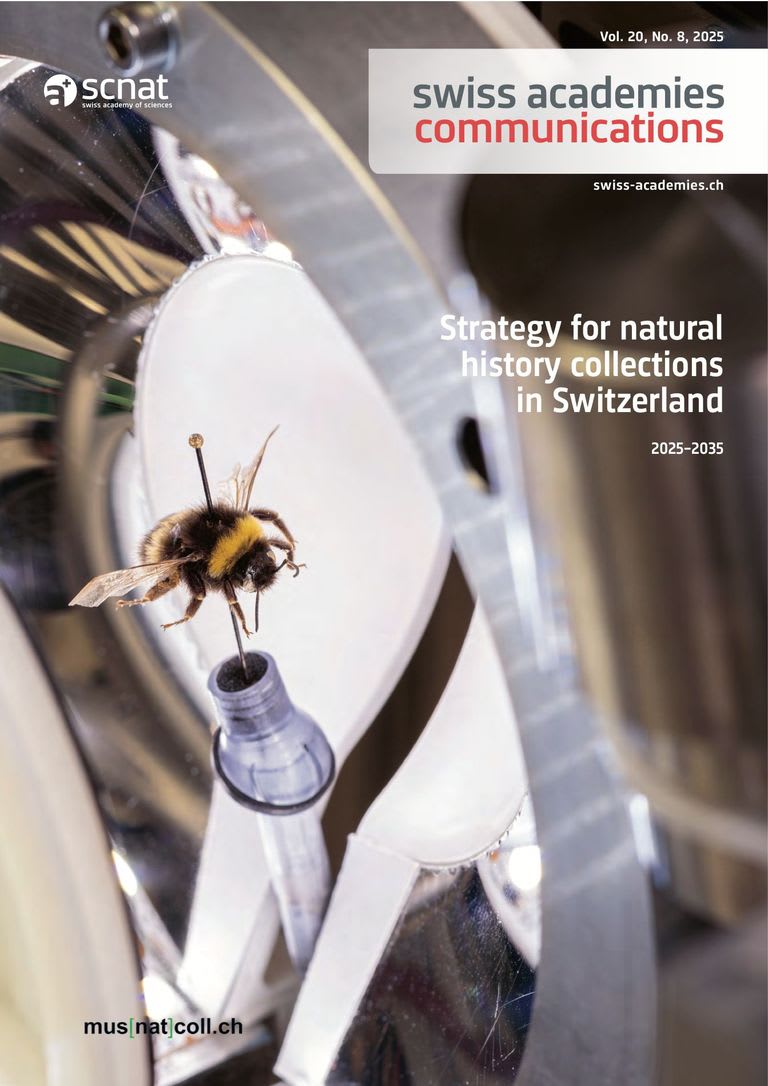Swiss Academy of Medical Sciences SAMS
Autonomie et numérique. Un nouveau chapitre pour l'autodétermination en médecine?
SWISS ACADEMIES COMMUNICATIONS, VOL. 13. NO 7, 2018
Die Medizin der Gegenwart ist – jedenfalls in unseren Breiten – eine autonomie-orientierte Medizin. Mit der Digitalisierung, die auch in der Medizin Einzug hält und zu teils tiefgreifenden Veränderungen führt, ist das Prinzip der Autonomie auf neue Art herausgefordert.
Die Publikation fokussiert auf die Themenkreise Information, Datenschutz und gemeinsame Entscheidungsfindung in einer von der Digitalisierung geprägten Arzt-Patienten-Beziehung. Zugleich wird erörtert, worin das kategorial Neue der Digitalisierung in der Medizin besteht, um die damit einhergehenden Auswirkungen auf die Autonomie fassbar zu machen. Dabei wird deutlich, dass die Digitalisierung auf unterschiedlichen Ebenen das Potenzial hat, die Autonomie in der Medizin weiter zu stärken.
Schweizerische Akademie der Medizinischen Wissenschaften (2018) Autonomie und Digitalisierung. Ein neues Kapitel für die Selbstbestimmung in der Medizin? Bericht zur Tagung vom 15. Juni 2018 des Veranstaltungszyklus «Autonomie in der Medizin». Swiss Academies Communications 13 (7).




